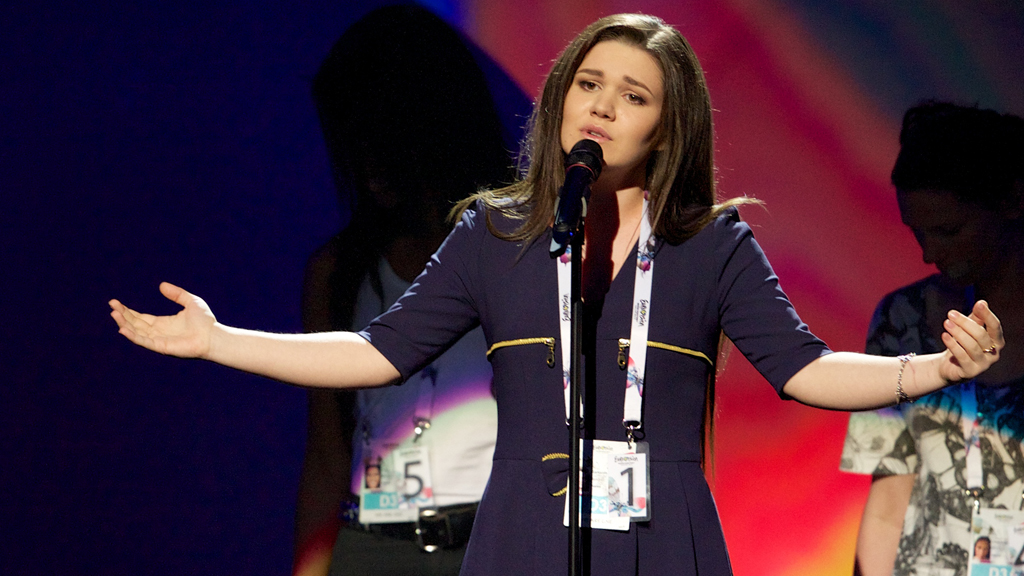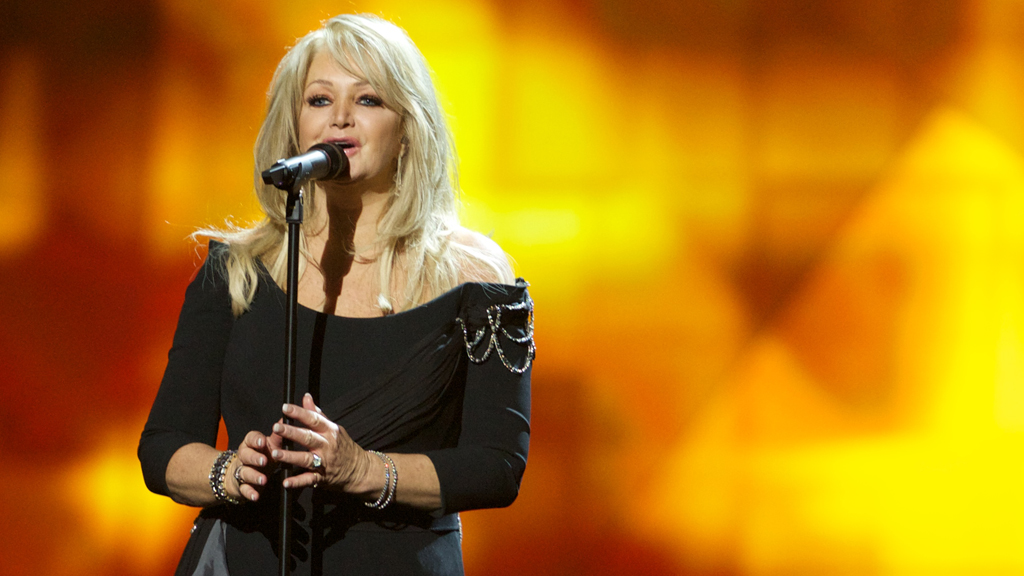Eurovision Song Contest 2013: who will win?
Russia will win the Eurovision Song Contest 2013 on Saturday – that is if statistical analysis from Channel 4 News is correct.

An analysis of voting patterns over the past 10 years suggests that Russia will win the contest on Saturday evening, being held in Malmo, Sweden.
The country will be buoyed by top marks from Latvia, Estonia, Armenia and Belarus. The prediction suggests Russia’s Dina Garipova (pictured, above) will win with 193 points – 21 ahead of nearest competitor Azerbaijan.
At the bottom of the pile is France, forecast to amass just eight points, while the UK’s Bonnie Tyler is predicted to come third from bottom with 26 points.
However, with tensions high over the UK’s place within the EU, and Nigel Farage telling his anti-immigration views to all and sundry on the continent, especially on a recent trip to Bulgaria – it would be understandable to expect some anti-British sentiment to depress the UK’s score further.
Voting allies
The prediction of a Russian victory has been calculated using an averages and scoring system, but it also fits with a commonly observed pattern – that the winning country usually achieved a high score the year before.
Sweden won the 2012 competition after finishing third the year before. Azerbaijan won after finishing fifth the year before. In the 2012 competition, Russia finished in second. Russia last won the competition in 2008, having come third the year before.

Russia is assisted by a large number of post-Soviet states involved in the judging – nine in total – which may well vote favourably for Moscow. The post-Soviet countries involved in judging are: Armenia, Azerbaijan, Belarus, Estonia, Georgia, Latvia, Lithuania, Moldova, Ukraine.
The politics of pop
International relations have always been at the heart of voting in Eurovision. Greece should feel safe in the knowledge that it will receive 12 points from Cyprus, whilst the Nordic nations can be expected to look after each other.
Political and world events, it can be argued, often shape voting patterns as well. The UK’s fortunes plummeted ten years ago, following the invasion of Iraq, and the British entry at the 2003 Riga competition, Jemini singing Cry Baby, received an ignominious “nil point”. The UK has struggled to move away from the bottom end of the rankings since.
Is the fact that Iceland has hovered around 20th place in the competition since its financial meltdown in 2009 a coincidence? If not, the prospects for Greece and Ireland in the competition could be significantly hampered. Of course Germany, with Angela Merkel as the figurehead of European austerity, should not be expecting a glorious response to their singer Cascada.
Below is the top ten list, according to Channel 4 News analysis. Do you agree with it? Tweet us your views, using the #c4news hashtag.
Eurovision top ten points prediction:
1. Russia - 193
2. Azerbaijan - 172
3. Greece - 170
4. Armenia - 152
5. Italy - 151
6. Belarus - 147
7. Sweden - 141
8. Norway - 138
9. Ukraine - 127
10. Belgium - 101